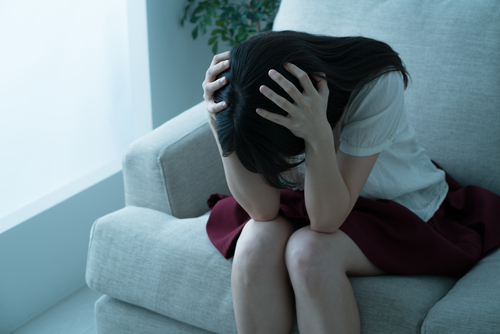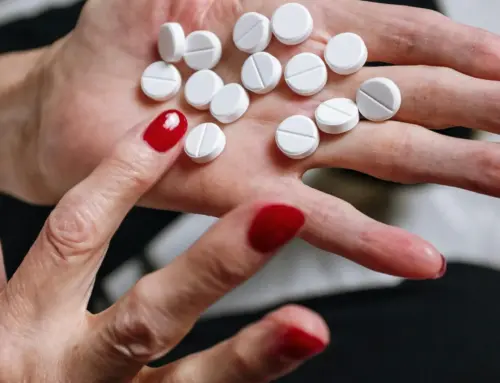A person in recovery learns a new way of living without drugs or alcohol. He or she must replace old habits with new, substance-free ones. Recovery is very is difficult and takes time, patience, and determination. Drugs and alcohol alter a person’s brain and take control of normal brain activity. The cravings for the euphoric effects of drugs and alcohol are so intense that relapse can happen at any time. Some of the causes of relapse are:
- People and places. A person in recovery might have the temptation to use drugs or alcohol again throughout recovery and can relapse any time. These feelings intensify when he or she is around people who participated in their substance abuse. The individual in recovery is at greater risk of relapse when he or she is around friends who use drugs or consume alcohol. The person in recovery should also avoid places that are associated with his or her drug or alcohol use.
- Reminders. Seeing something that reminds the person in recovery of his or her addictive behavior could lead to relapse. Reminders can be anything associated with drugs or alcohol such as TV commercials, advertisements, or seeing someone using drugs or consuming alcohol. The individual in recovery needs to manage his or her cravings when they see reminders of using drugs or alcohol to prevent relapse.
- Stress. The individual in recovery will encounter stress due to work, relationships, finances or other circumstances in life. Before recovery, using drugs or alcohol would be an easy escape from reality. When an individual in recovery encounters negative emotions such as stress, he or she can be tempted to use drugs or alcohol again. To avoid relapse, the person in recovery needs to find alternative ways to relieve stress. Exercise, going for walks, reading, and yoga are healthy stress relievers.
Relapse can occur when a person in recovery experiences negative emotions. Depression, anxiety, and psychological illnesses can contribute to a relapse. A person with an addiction can also be tempted to use drugs or alcohol due to lack of support from loved ones. Negative comments and attitudes will only urge the person to use alcohol or drugs again.
Physical dependence plays a role in relapse as well. The body becomes dependent on the drugs or alcohol and can lead the person back into using. Relapse is not a sign of failure. The road to recovery is long and when a person knows his or her triggers in advance, he or she can avoid them.
Treatment for addiction is the start of a new life. We know how important treatment is. That’s why we’re offering the best in our treatment programs at The Springboard Center. Call us today for information on our residential treatment programs in the Permian Basin: 432-620-0255




